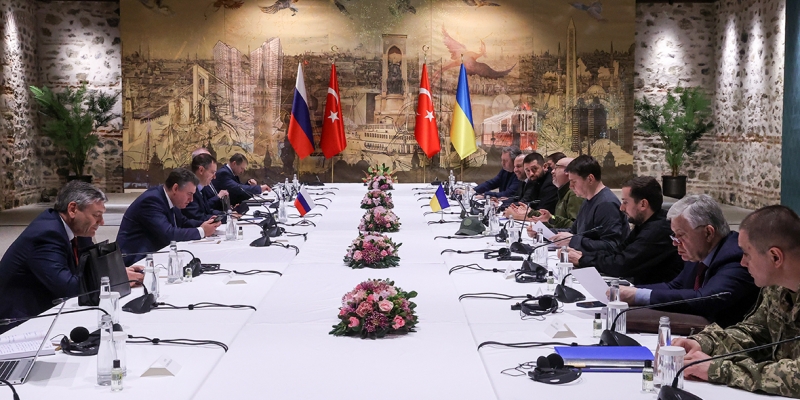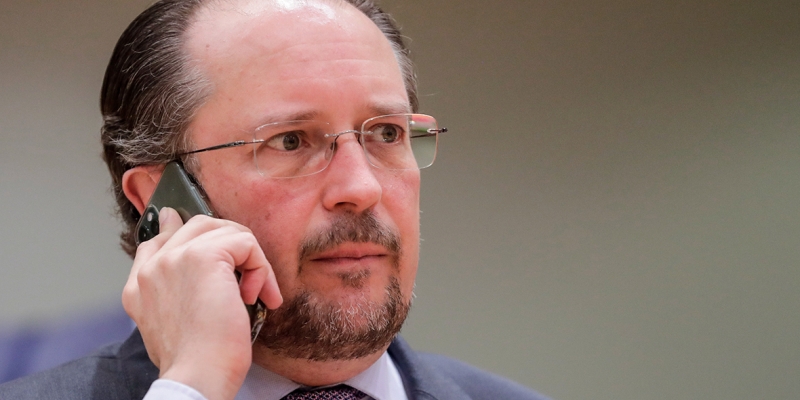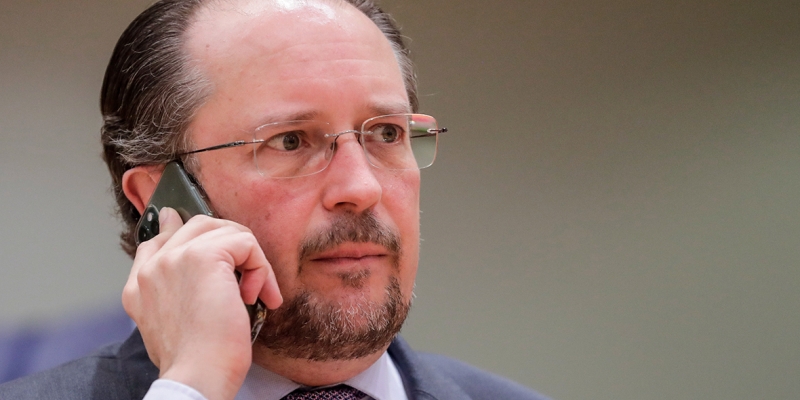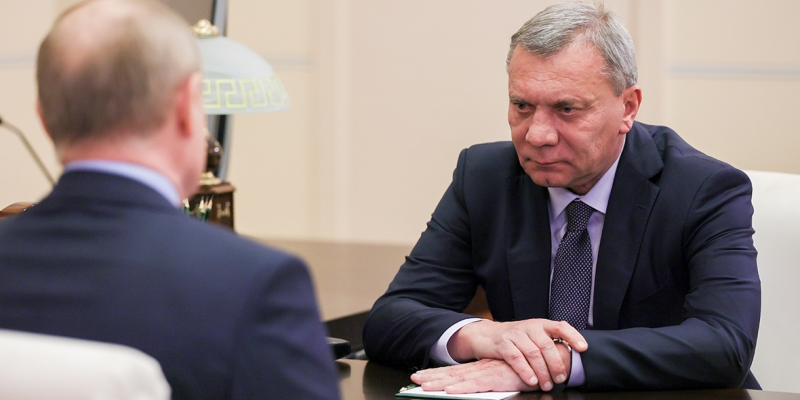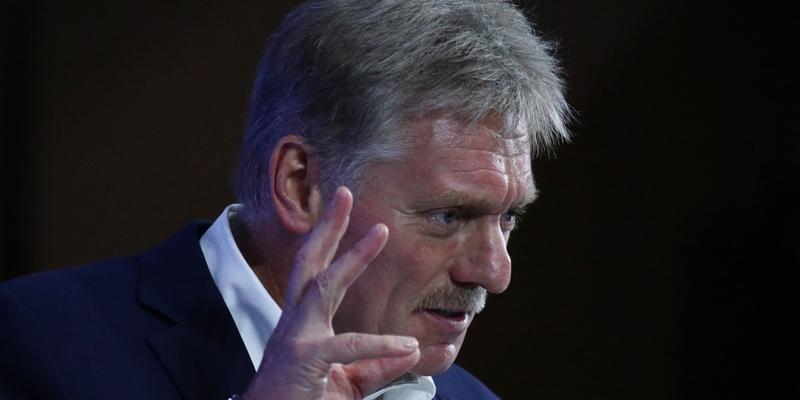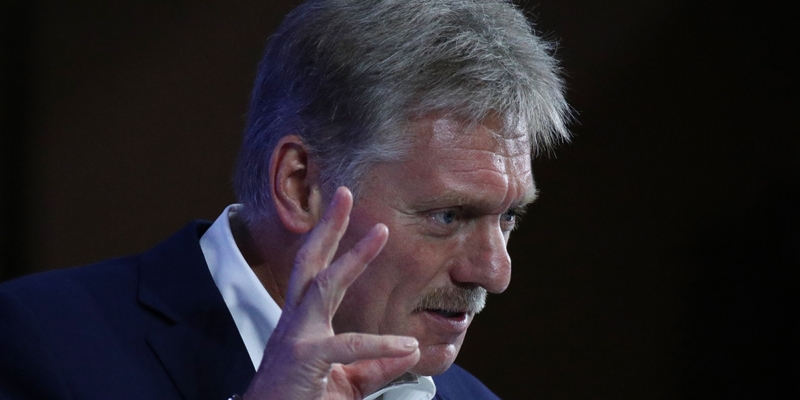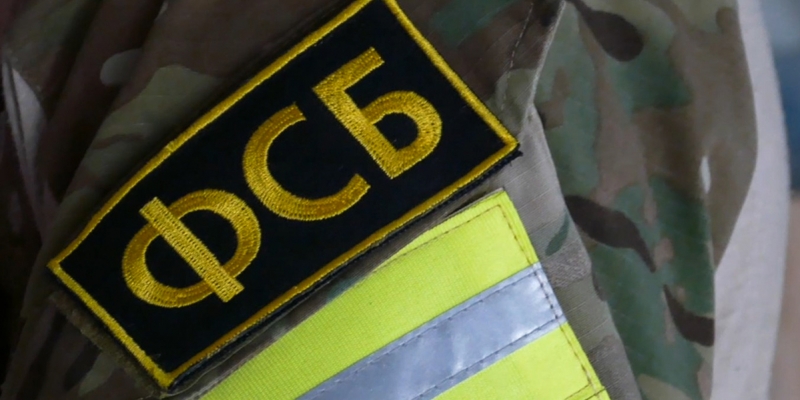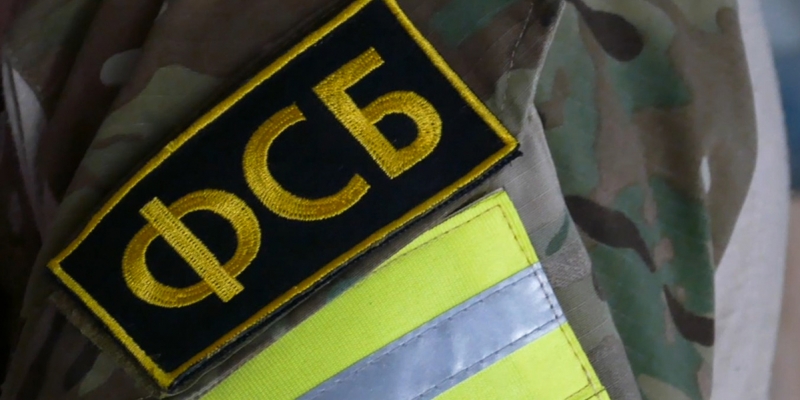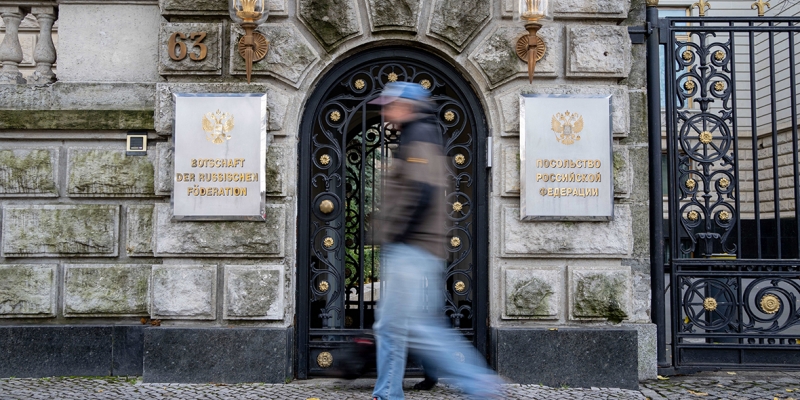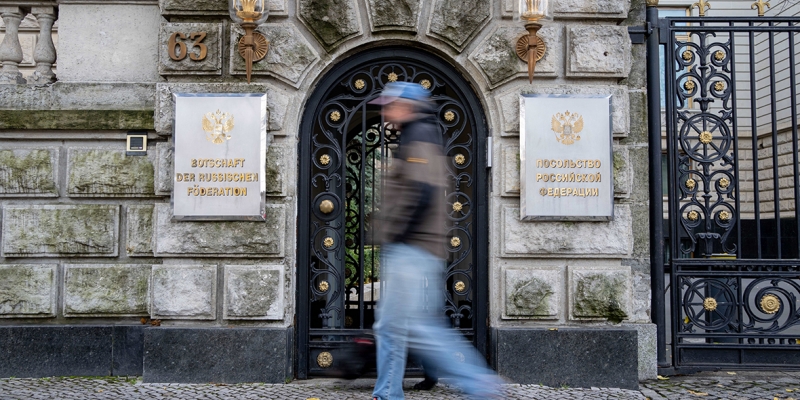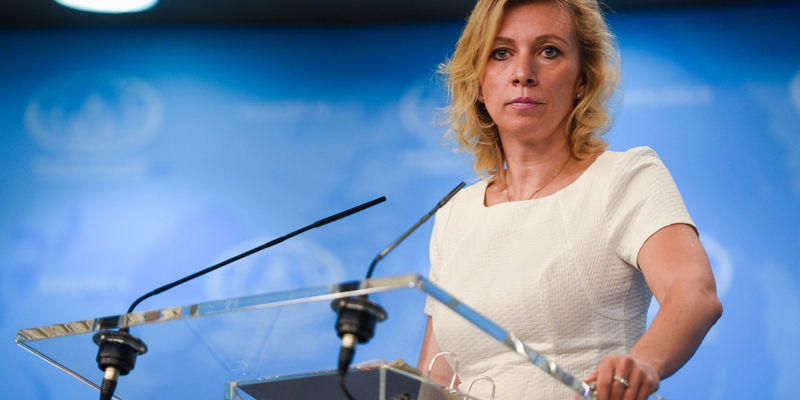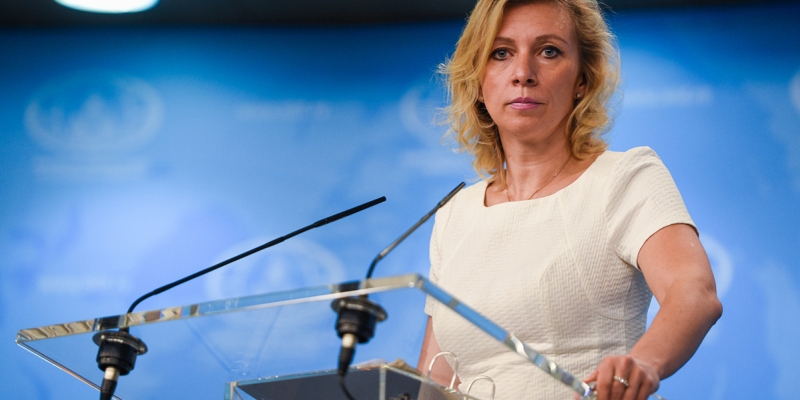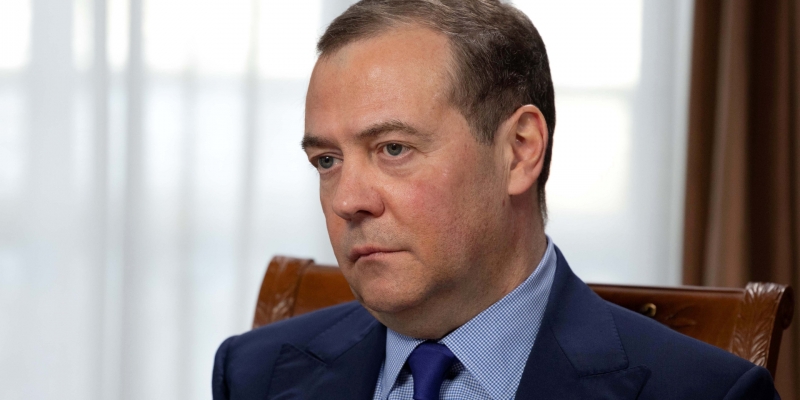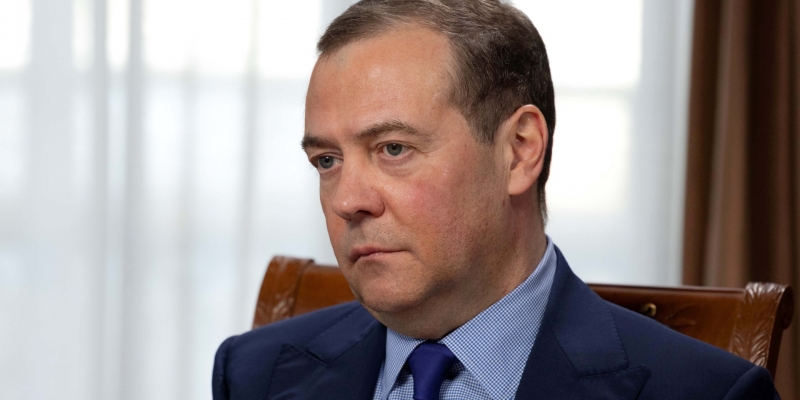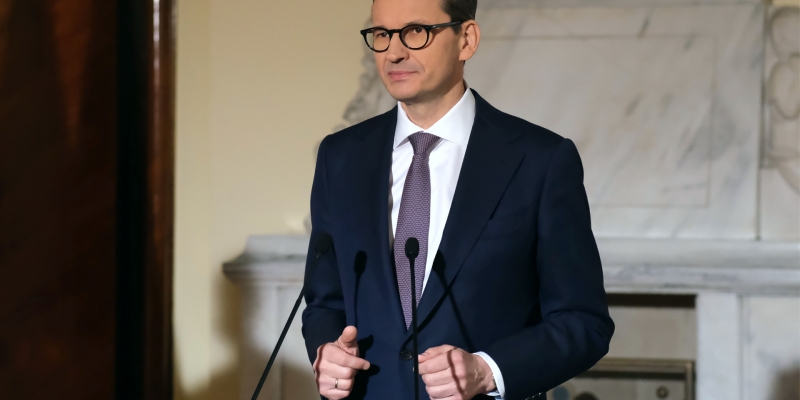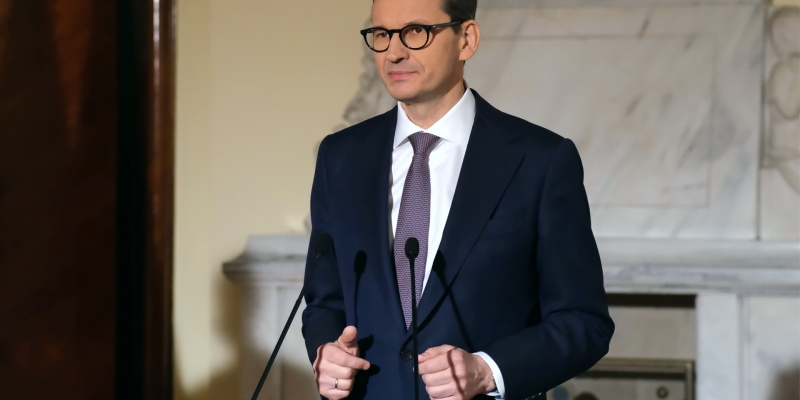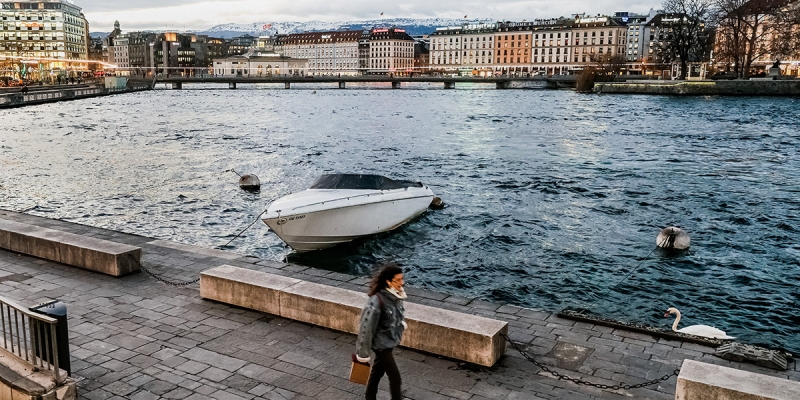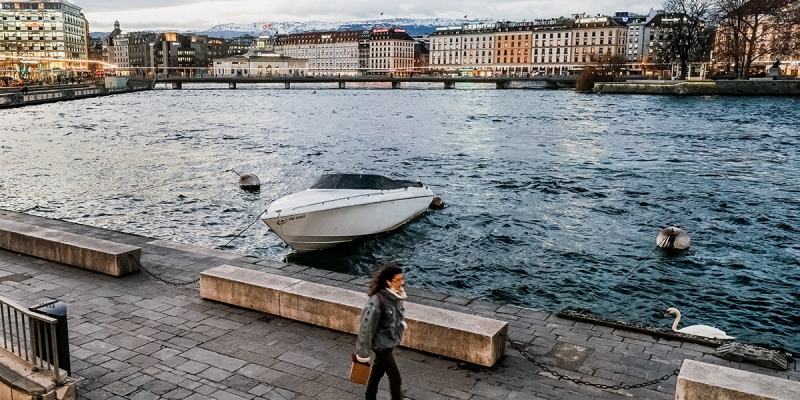TAlso, the position of the Ukrainian delegation showed “more realism” on the issue of security guarantees for Ukraine, securing its neutral status in the treaty, as well as the status of the DPR and LPR, the Russian Foreign Minister added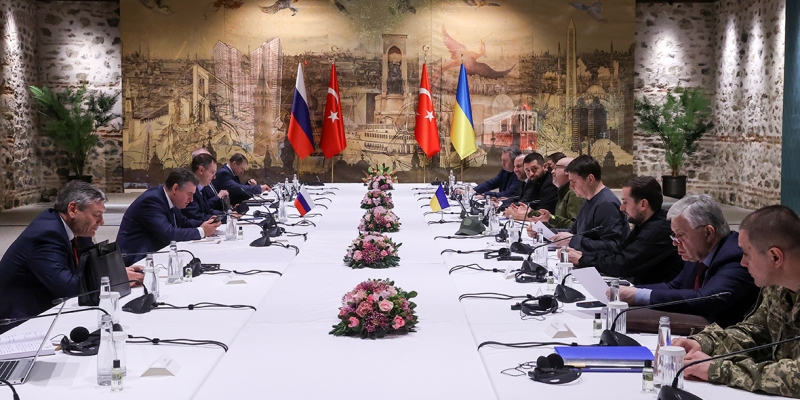
Russian-Ukrainian talks in Istanbul
During the talks in Istanbul, the Ukrainian delegation demonstrated “much more realism” on the issue of the status of Crimea, the DPR and the LPR, Russian Foreign Minister Sergei Lavrov said after talks with the contact group on Ukraine, which was created by the League of Arab States.
“Following the results of the round of negotiations that took place in Istanbul on March 29, we saw the appearance of realism in the position of the Ukrainian delegation,” Lavrov said.Realism, as for ways to ensure the security of Ukraine. It has already become clear to the Kiev representatives that security guarantees cannot be obtained in NATO and that joining NATO should be forgotten.There is more realism about the need to consolidate Ukraine’s neutral status in the treaty and, finally, its nuclear-free status, given the flirtations with this topic that have been heard over the past few months. Of course, there is much more realism in the position of the Ukrainian delegation regarding the status of the Crimea, Donetsk and Lugansk People’s Republics.
Video
At the same time, the Minister stressed that how these “notes of realism” will be translated “into the language of the contract paper” remains to be understood.
Lavrov also added that the summit of the presidents of Russia and Ukraine can be convened, but only to consolidate the result achieved by the delegations of the two countries during the negotiations. Earlier, the Kremlin has repeatedly said that a meeting between Vladimir Putin and Vladimir Zelensky is possible only after the development of a specific document.
The face-to-face meeting of the delegations in Istanbul took place after several weeks of negotiations in a video format. Following the results, a member of the Russian delegation, Deputy Defense Minister Alexander Fomin said that the negotiations were “moving into the practical plane”, and therefore it was decided to “drastically reduce military activity in the Kiev and Chernihiv directions”.
In addition, Russia has received Ukrainian proposals for a political settlement.
In them, Ukraine stated that it was ready to refuse to join military alliances, to deploy foreign military bases, contingents, and conduct military exercises on the territory of Ukraine without the consent of the guarantor states, including Russia. In exchange, Kiev demanded that Moscow not object to the state’s desire to join the EU.
The head of the Ukrainian delegation, David Arahamia, clarified that Ukraine offers a new system of security guarantees. They should be enshrined in an international treaty, it will be signed and ratified by the guarantor countries. They can become permanent members of the UN Security Council.
Subscribe to Telegram RBC Keep up to date with the latest news even under lockdown

